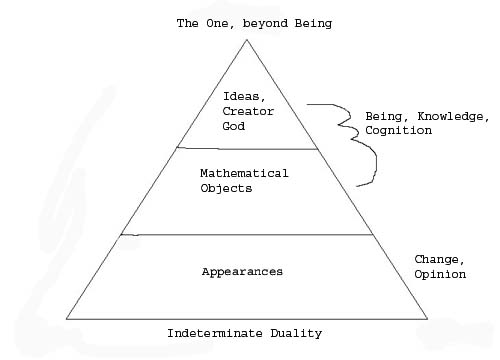The Structure of Internet Revolutions pt.1
28. February, 2012 1 Comment
(I’m currently reading Thomas Kuhn’s The Structure of Scientific Revolutions (1962) with the direct intention of making a comparison between his analysis of scientific revolutions and our present (revolutionary) information age. Such a comparison will not be able to do justice to Kuhn but I believe his methodology to be of value when trying to understand our current information age.)
The establishment of the internet as a social medium has created a paradigm for a new science.
The tools offered by Google, Facebook, Twitter and Web 2.0 have transformed the way humans interact in an unprecedented manner. But the outdated claim that our social lives have experienced a paradigm shift in the information age has not, in my opinion, been taken seriously enough by philosophers. Philosophy can offer an interesting approach to this new paradigm and help understand the importance of such a scientific revolution. Philosophy has more to offer than the mere regurgitation of the ethics of intellectual property a lá Locke, Hegel and the school of utilitarianism.
How can philosophy operate in this technical field? Scientific revolutions, paradigms of thought, the studying of differing ages and ideologies are the playgrounds for philosophers – so why should philosophy be dumbfounded when presented with claims of a new age of information and a revolution in the fundamental way in which humans interact socially? I apologize for the rhetorical questions, I really do.
The first task of philosophy would be to analyze this paradigm in the context of past scientific revolutions. As much as one age revels in the thought of being unique, especially clever and innovative, temperance shows this attitude to be quite the norm in developing periods. Luckily, The Structure of Scientific Revolutions is a book (and quite a good one at that) which means my only job is to make the pieces of this information revolution fit within the structure of past scientific revolutions. The point of doing so is not to fortify the claim that a “revolution” is a revolution by comparing apples to apples but to realize what it actually means to have an apple in the hand. Without trying to become biblical, I would have to say an apple in the hand is an occasion for a new normal science.
At the heart of innovation, invention and revolution is a paradigmatic shift and, as Thomas Kuhn once told me in his aforementioned book, a paradigm is a beginning and not an end – it is “a route to normal science“. This must not be something realized in retrospect, rather, it can be a tool used to help shape the emerging science; all one needs is a little historiography (this is my shout out to Karl Löwith – wink, wink).
(Part II coming soon).




Recent Comments